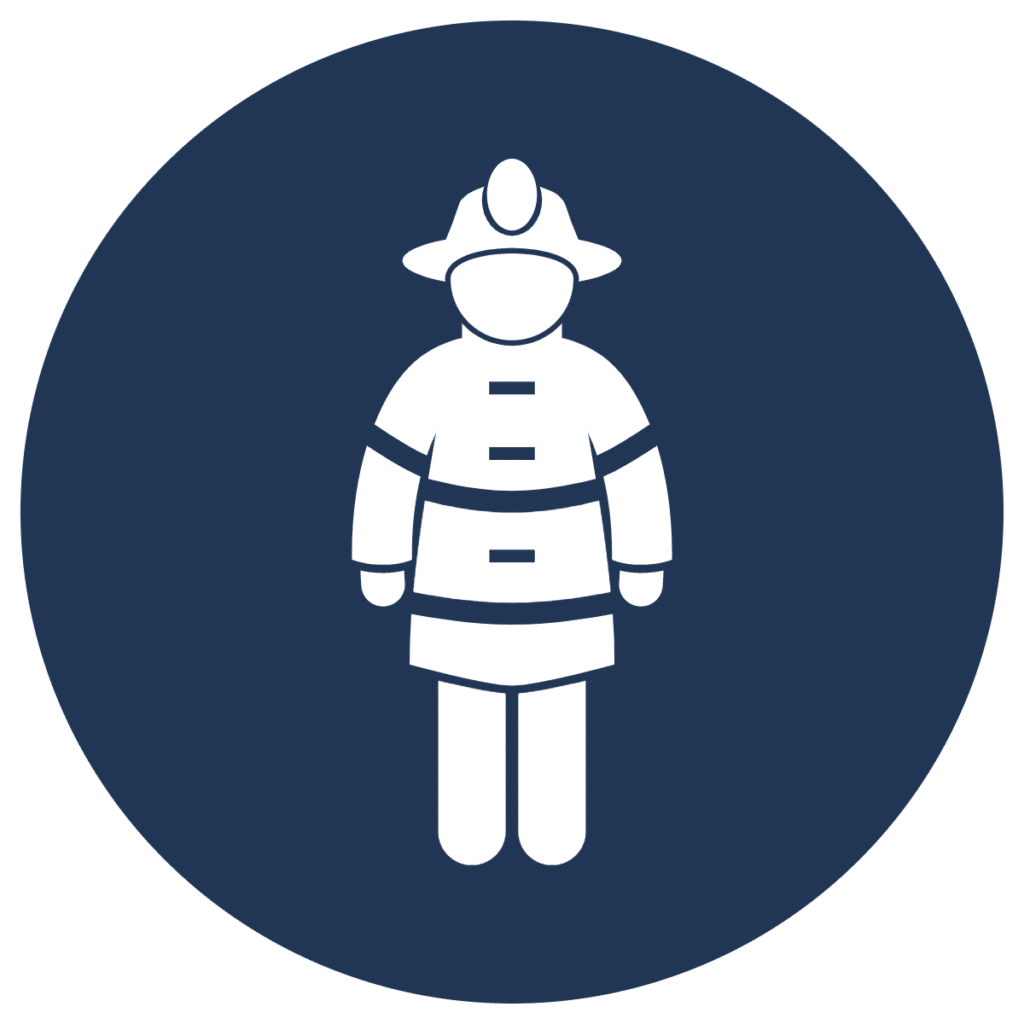Law Offices of David R. Silldorf, APC
Contact Us
- (619) 326-9093
- david@davidsilldorflaw.com
Location
402 W. Broadway, Suite 1300, San Diego, CA 92101
The laws regarding Domestic violence are broad and cover a wide range of behaviors that you may not realize constitute abuse. Domestic Violence allegations are treated seriously by local law enforcement agencies and California courts. Prosecutors will often pursue the maximum sentence possible in domestic violence cases.
If you are convicted of a domestic violence charge, you may face severe penalties including jail time, fines, loss of child custody, an inability to hold certain jobs, and eviction from your home. If you are facing a domestic violence charge, contact the Law Offices of David Silldorf today. Our experienced domestic violence defense attorneys will begin investigating your case and working on your legal defense immediately.
The definition of domestic violence in California also includes various acts beyond physical injury. California Penal Code Section 13700 defines abuse as intentionally or recklessly causing or attempting to cause bodily injury, or placing another person in reasonable apprehension of imminent serious bodily injury to themselves or another person. This can include physical abuse as well as verbal, emotional, or psychological abuse. The following actions can be perceived as domestic violence under California law:
Depending on the circumstances of the case and the extent of the damage, these charges may be filed as a misdemeanor or a felony.
In California, most domestic violence charges are referred to as “wobbler” crimes in that they can be charged as either a felony or a misdemeanor. The prosecutor will review the evidence and analyze the injuries to decide whether or not to file charges and if to pursue a felony or misdemeanor charge. The prosecutor is the individual with the discretion to decide how a particular case will be filed. If the injuries include cuts, bruises, broken bones, or more severe injuries, they will often charge the crime as a felony. However, if the injuries are more minor, the prosecutor will likely be more inclined to file a misdemeanor charge.
The prosecutor will also take into account the past history of the defendant when determining what level of charge to pursue. Defendants with a criminal history and convicted felons are more likely to be charged with felonies and face custody.
An experienced criminal defense attorney, however, may be able to provide the prosecutor with mitigating evidence that could lower the charges from a felony to a misdemeanor. A domestic violence lawyer may also be able to help you avoid jail time by offering alternatives to custody including financial restitution, CPAC, and counseling classes.
Domestic violence cases are often complicated with conflicting information coming from all parties involved. The charges that are filed can be equally as complex. The charges that a person may face depends on the details included in the initial police investigation as well as the discretion of the prosecuting attorney. However, the majority of domestic violence cases include these three violations:
California Penal Code 273.5(a) can be charged as a misdemeanor or a felony. In these cases, a prosecutor must prove that the defendant willfully inflicted a traumatic injury on their current or former spouse, significant other, or cohabitant. If convicted of this crime, a person may face a misdemeanor punishable by a year in jail or a felony, punishable by 2 to 4 years in state prison along with a fine of up to $6,000.
California Penal Code 243 (e)(1) is a sub-category of battery that requires a prosecutor to prove that the defendant used force or violence upon their spouse, partner, or significant other. To be convicted of this charge a defendant does not have to be found guilty of injuring the victim. Only that they used force against that person which can include actions like pushing or grabbing. This crime is punishable by up to a year in jail and a $2,000 fine.
California Penal Code Section 273 (d) defines child abuse as the infliction of cruel or inhuman corporal punishment or injury on a child. This can be charged as a misdemeanor or a felony. Misdemeanors carry a punishment of up to a year in jail and a $1,000 fine, while felonies are punishable by 2 to 6 years in jail and/or a fine of up to $6,000.
Domestic violence charges are often accompanied by Restraining Orders. Domestic violence restraining orders are issued by the court to protect people from suffering abuse or threats of abuse from their spouse or partner.
A person can be eligible for a domestic violence restraining order if they have been abused or threatened with abuse and meet the criteria of having a close or intimate relationship. Parents of abused children can also file for a restraining order on behalf of their children. If a child is 12 years old or older, they can file a restraining order themselves.
There are three main types of restraining orders:
These orders are issued by the police at the time of an arrest. An Emergency Protection Order forbids a defendant from going near the alleged victim. EPOs typically last from 5 days to a week and can result in the temporary loss of child custody and place of residence.
Temporary Restraining Orders can be attained by domestic abuse victims in court. They typically last for several weeks until the domestic violence court hearing.
Permanent Restraining Orders last up to 5 years. They require a defendant to remain at least 100 yards away from a victim and forbid all contact. Contact includes things like letters, phone calls, and e-mails.
Having a restraining order issued against you can lead to numerous consequences including having to move out of your home, not being able to see your children, and not being able to own or buy a gun. Violating a domestic violence restraining order can lead to additional charges against the defendant as well as the escalation of pending charges.
Because of the intimate, familial nature of Domestic Violence cases, the defendant and the alleged victim will often continue to have contact with one another, even if there is a court order against it. Violating these court orders and continuing to communicate and have interactions with the opposing party can lead to a variety of additional charges. Some of these include:
California Penal Code 273.6 makes it a crime for a person to knowingly and intentionally violate a California court order. This often occurs during custody battles and in cases where a restraining order has been issued. This is often considered a misdemeanor unless a person has been previously convicted of this crime. The punishment for a misdemeanor violation is up to a year in jail while a felony can lead to up to 3 years in state prison.
California Penal Code 653m (a) makes it a crime for a person to make threats to inflict injury to another person or their property via a telephone or another electronic method. This is a misdemeanor that is punishable by 6 months in jail.
California Penal Code 136.1 (b) makes it a crime to attempt to prevent a witness or a victim of a crime from making a report to the police. This often occurs when one person asks another not to report a crime or appear as a witness in court. This can be charged as a misdemeanor or felony. A misdemeanor is punishable by up to a year in jail while a felony can be punished by up to 3 years in prison.
Domestic Violence cases are often fraught with complicated circumstances and emotional interpretations of behavior. The defendant and the alleged victim will often have a long history of perceived and actual wrongdoings on both sides.
False allegations of domestic violence may be brought to court to bring into question the integrity and character of the opposing party. An experienced domestic violence defense attorney can help you isolate actual evidence and cut through accusations brought to the court under false pretenses.
The Law Offices of David Silldorf have a proven track record of successfully defending clients from domestic violence charges. With over 40 years of combined experience, our skilled domestic violence lawyers know how to put together a strong defense that’s tailor-made for you and your case.
Our lawyers may be able to prove your innocence by calling into question the victim’s account of the alleged event and the circumstances in which it occurred. For instance, a person cannot be convicted of a domestic violence crime if they inflicted corporal injury on a person as a method of self-defense or to defend someone else from suffering harm.
An attorney may also argue that a domestic violence injury was not caused by a willful act, but an accident. If a person did not willfully inflict corporal injury upon an alleged victim, you should not be convicted of domestic violence. An experienced domestic violence defense attorney will review the facts of your case and decide which legal defense is appropriate. Victims of domestic violence may also be impeached through any variety of legal processes or tools. Your lawyer will help you understand and brainstorm these various approaches with you as you prepare your legal defense together.
The Law Offices of David Silldorf institutes aggressive trial and appellate advocacy. Our firm prides itself on original motions practice, achieved through individualized and focused attention on each and every one of our clients.
Our tireless trial preparation system has resulted in many acquittals and hung juries as well as reversals in the Ninth Circuit Court of Appeals. The law firm’s fearless approach to our clients’ cases has led to countless dismissals before trial as well.
If you are facing domestic violence charges it is important that you retain the services of a San Diego domestic violence lawyer as soon as possible. Regardless of how minor you may consider the event to be, these investigations can quickly spiral out of your control and escalate.
The state of California takes a very serious approach to allegations of domestic violence so you need an attorney who is equally serious about protecting your rights and freedoms.
We understand the laws surrounding domestic violence and how to navigate the legal system to get the best possible result for your case. Call David Silldorf today.

People v. an Individual
[M257210DV]
Client arrested for felony assault on his girlfriend for choking her and use of a knife.
PROBATION

People v. an individual
Willfully inflicting corporal injury resulting in a traumatic condition upon a victim. No charges filed resulting from defense intervention and strength of defense investigation.
NO CHARGES FILED

People v. an individual
Client, a firefighter, was alleged to have choked his wife and threatened her with a knife. He was arrested under Penal Code § 273.5, felony spousal abuse with serious injury.
NO CHARGES FILED
402 W. Broadway, Suite 1300, San Diego, CA 92101
The testimonials, endorsements, and case results do not constitute a guarantee, warranty, or prediction regarding the outcome of your legal matter.